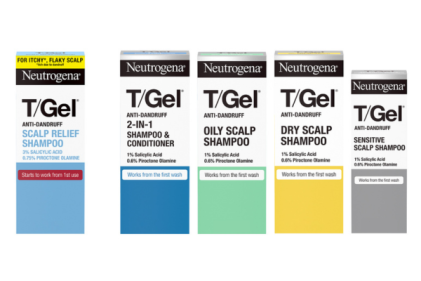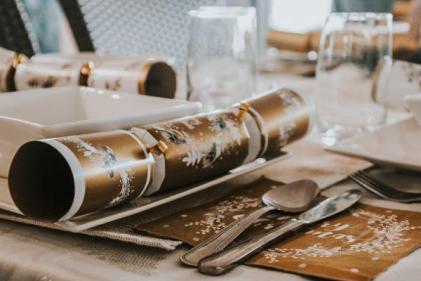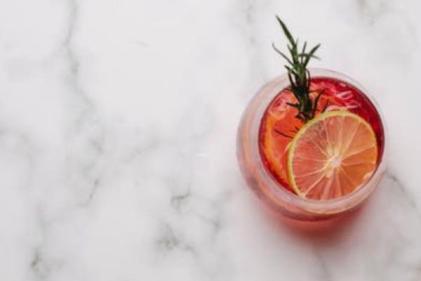Baby clothes
Babies grow so quickly that there is no need to stock up on too much baby clothes, especially for the first few weeks. People give you so much clothing and babies outgrow them so fast, you literally cannot use it all!
Instead, be prepared from day one with:
- Four to six sleepsuits and bodysuits
- Two cardigans
- A wool or cotton hat
- Mittens
- Four pairs of socks
- Booties, if the weather is cold
- A sun hat, depending on the season
- A shawl or blanket to wrap your baby in
Washing your baby's clothes
It’s important to be aware that new babies mean mountains of washing. Many babies will go through several outfits a day so any newborn baby clothing that you buy should be machine washable. Items that are hand washable and dry clean only should be avoided, unless they are for a special occasion.It’s also important that before use, you wash all baby clothes in a detergent that is suitable for your baby’s sensitive skin.You should wash all baby clothes before wear in a detergent that is suitable for a baby's sensitive skin. Washing powders with enzymes or fabric conditioners should not be used as they can irritate your baby’s delicate skin.
Bedding
Your newborn baby will need to sleep in a Moses basket, a crib or a carry cot for the first few months. These are all good options as your baby needs to sleep somewhere that is warm, safe and near you.If you borrow a crib or a cot, or intend to use one that you have already used for an older child, a new mattress should ideally be purchased. If this isn’t possible, use the cot mattress you have, as long as it is firm, flat, clean, fits the cot with no gaps and waterproof.
You will need:
- A firm mattress that fits the cot snugly without leaving spaces round the edges:This will eliminate the risk of your baby trapping their head.
- Sheets to cover the mattress: You will need at least four as they need to be changed frequently. Fitted sheets can be easier to use but they can also be more expensive.
- Light blankets for warmth
Pillows and duvets
Pillows and duvets are unsafe for babies under 12 months of age as they present a risk of suffocation. Duvets can also cause your baby to overheat. Quilted sleeping bags and baby nests are unsuitable for your baby to sleep in unsupervised because of the risk of suffocation.
Cot safety
Your baby will spend a large part of their day in their cot so it’s important to make sure it is safe. make sure it is safe. If you're buying a new cot, ensure that they comply with EU safety standards.
You should also ensure that:
- The mattress must fit the cot exactly and there should be no space for the baby’s head to get stuck.
- The cot should be solidly built
- The bars must have a smooth finish, be fixed securely and have a distance of between 25mm and 60mm so your baby’s head can’t get stuck.
- The moving parts of the crib should work smoothly.
You should also avoid using cot bumpers in cribs as it can cause your baby to overheat or your baby could also get tangled in the ties.
There should never be anything left in the crib that has ties, such as bibs, soft toys or clothes as they present a danger of suffocation.
It is recommended that your baby sleep on their back in a cot in your bedroom until they are at least six months old.
Prams and pushchairs
This is a big purchase so it’s important that you spend time beforehand looking at what is available. Make a list of your requirements and think about what will suit you best. Ask other mums what they would recommend. When considering what pushchair or pram to purchase, check that:
- It has reliable brakes
- The handles are the right height for you to push
- It has a sturdy frame
Pushchairs
Pushchairs are only suitable for newborns if the seat can recline fully so the baby can lie flat.
It’s advisable to wait until your baby can sit up before using another type of pushchair. Another thing to consider is the weight of the pushchair if you are going to be using public transport as it might be too heavy to lift on or off a bus or train.
Prams
A pram will give your baby plenty of space to comfortably lie but they also take up a lot of space and can be hard to use on public transport. If you will be using a car, you should look for one that you can easily dismantle.
Carrycot on wheels
A carrycot is a light, portable cot that has handles and is attached to a frame with wheels. The carrycot can also double as a cot for your baby to sleep in for the first few months.
Car seats
One of the most important things to buy before baby arrives is a car seat. If your baby is in a car for any length of time then a car seat is required. Your baby must always be strapped into their seat; from the moment you bring them home from the hospital as it is illegal and extremely dangerous to not strap your baby in while in a car.The correct way for your baby to travel is in a rear-facing infant car seat that is secured by an adult safety belt on the back seat.The following advice should always be followed to keep your baby as safe as possible while in a car seat:
- Ensure that the car seat is correctly fitted.
- Never buy a second hand car seat as it may have been damaged.
- Make sure it is in accordance with EU safety standards, look for EU mark.
Read more: How much will it cost?







